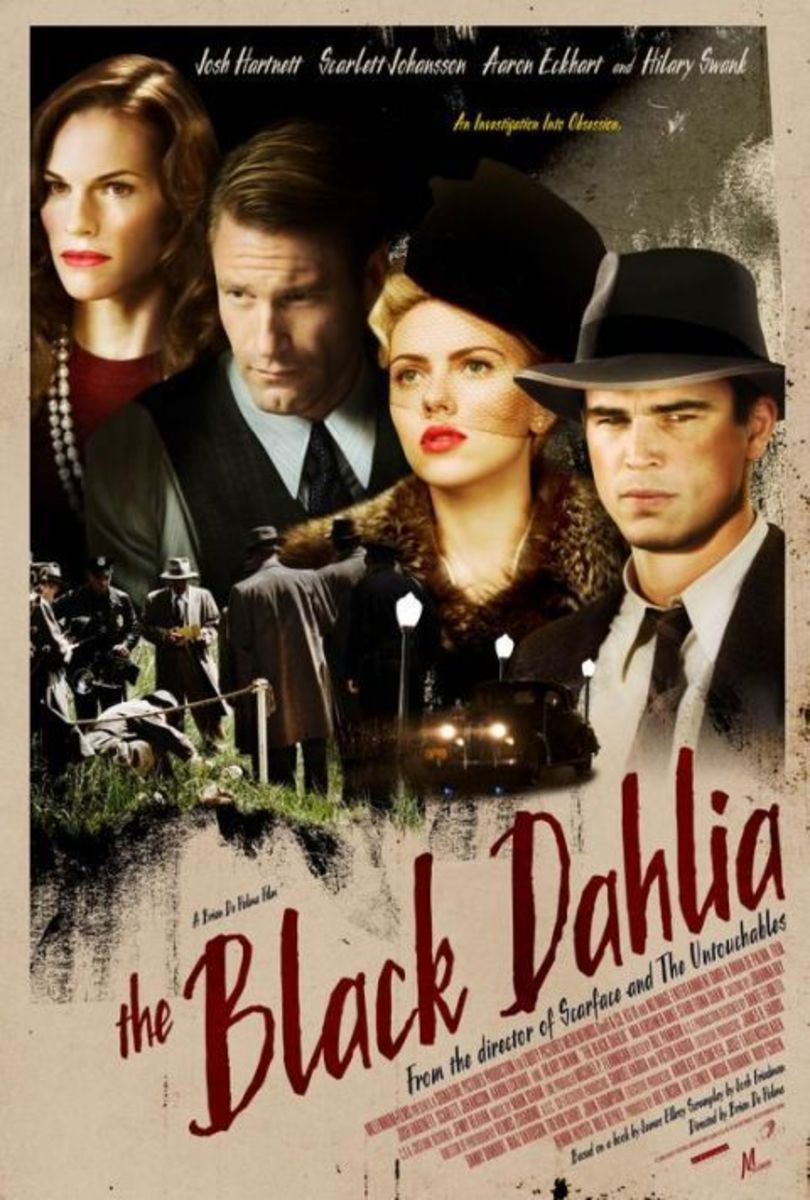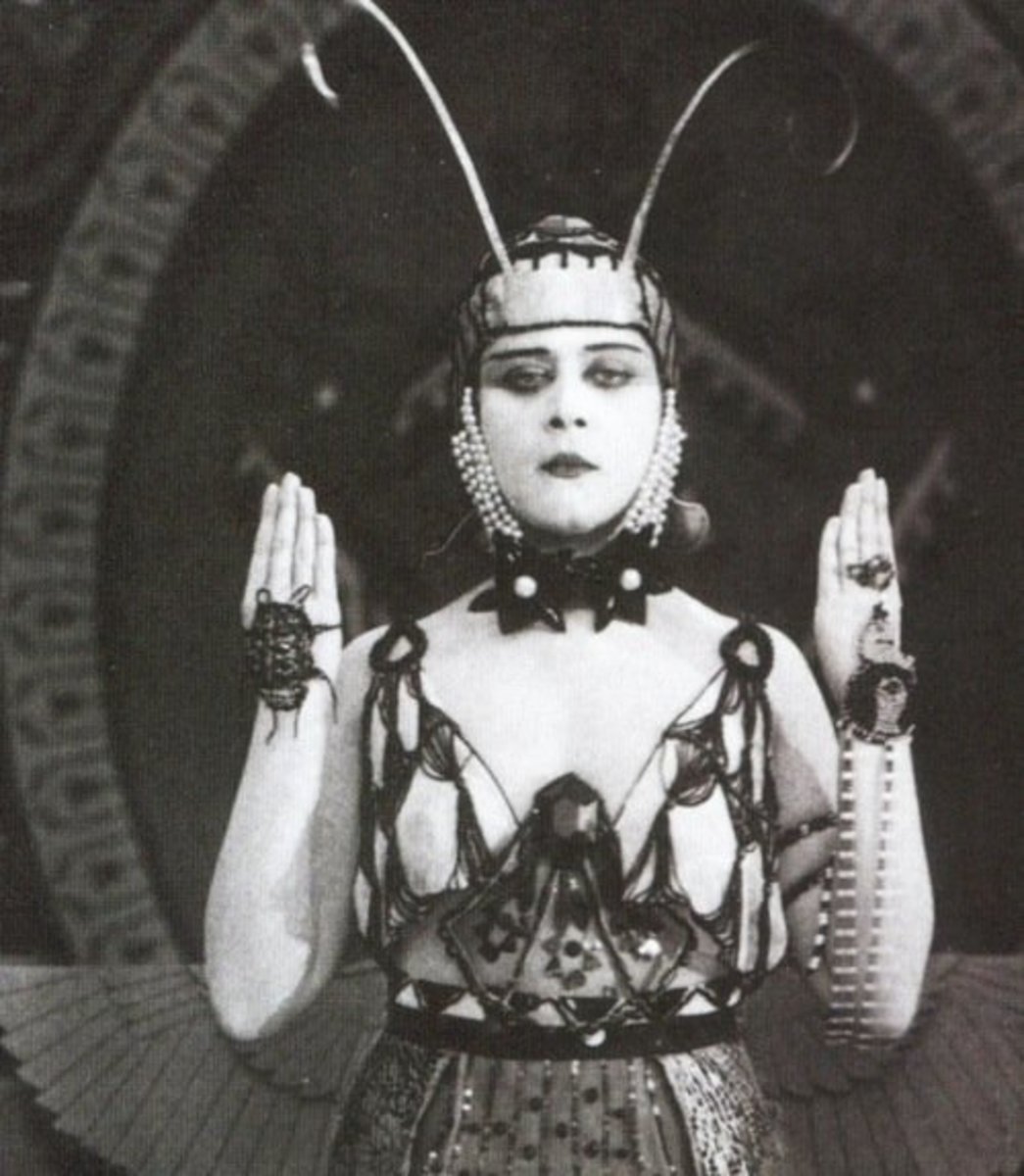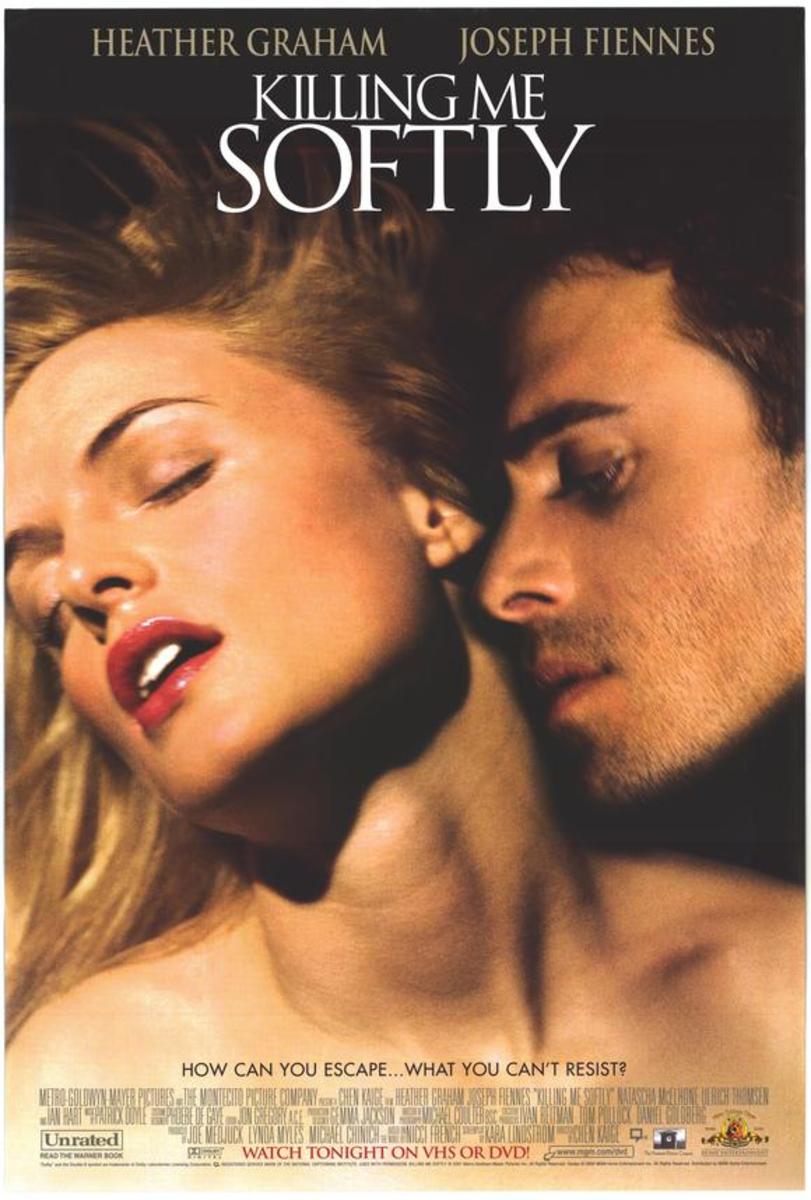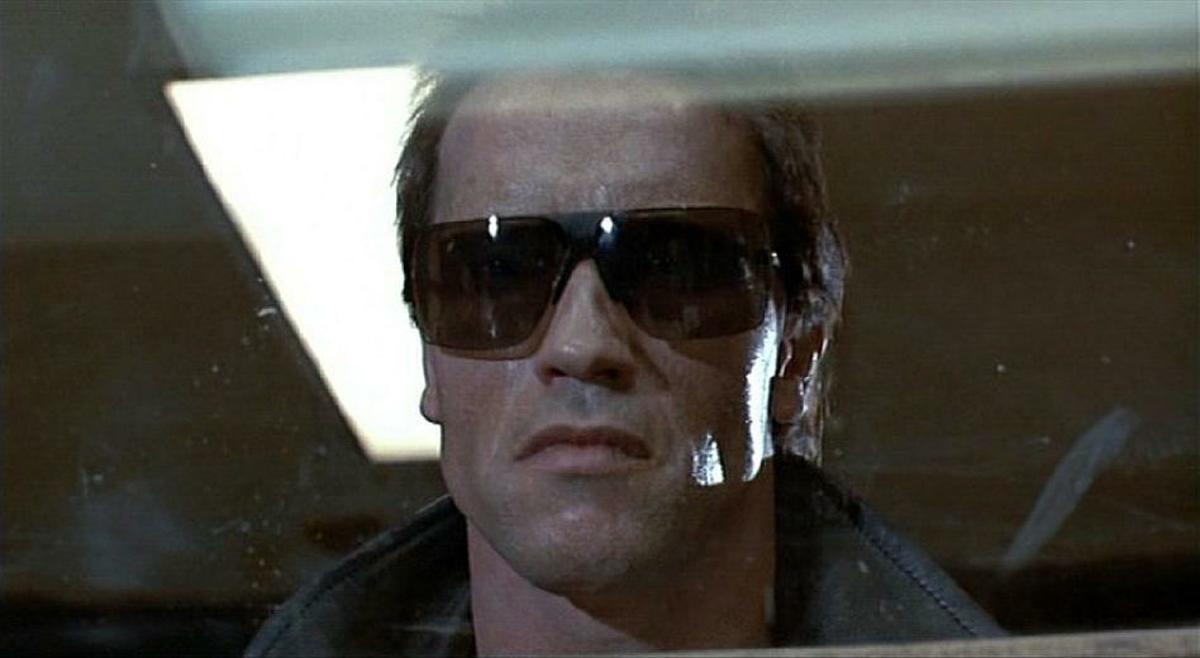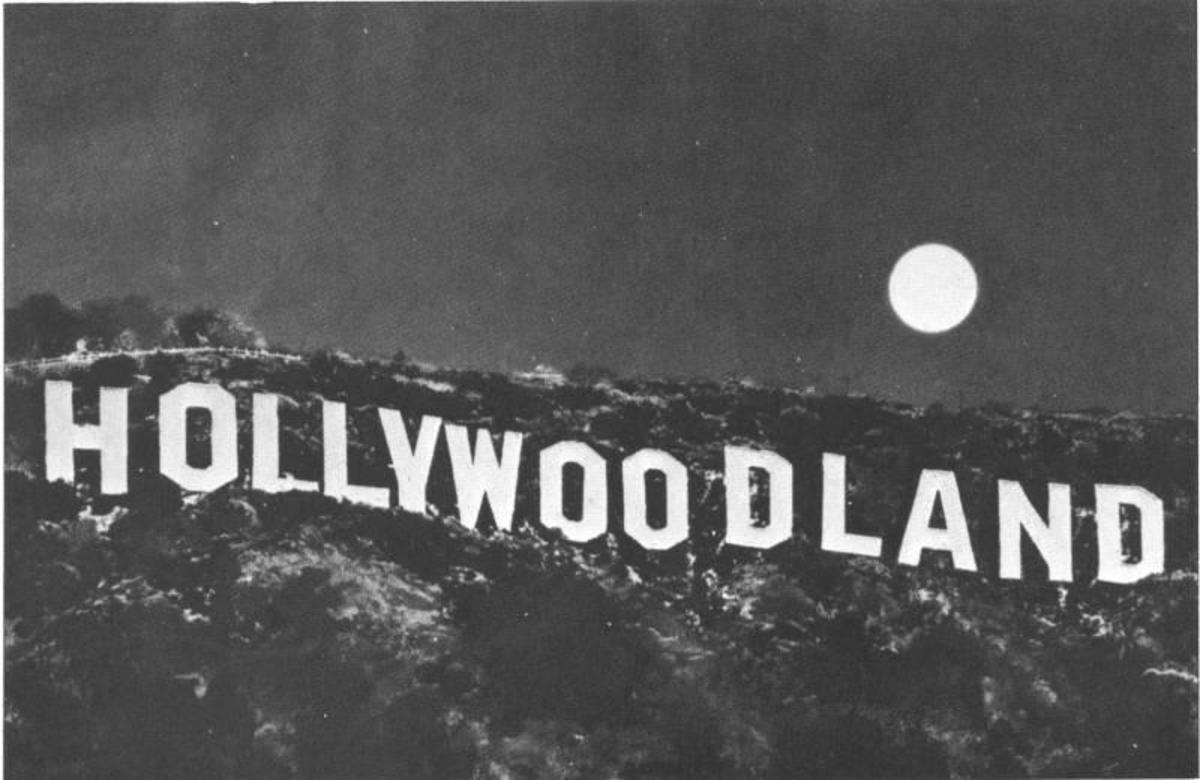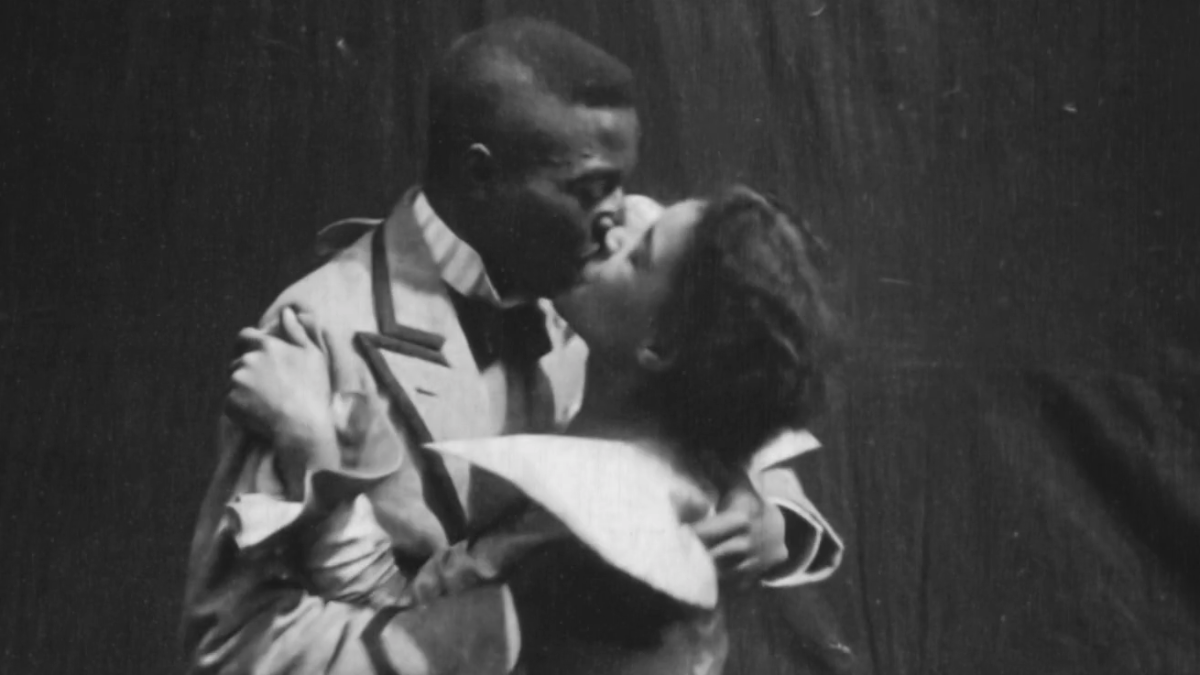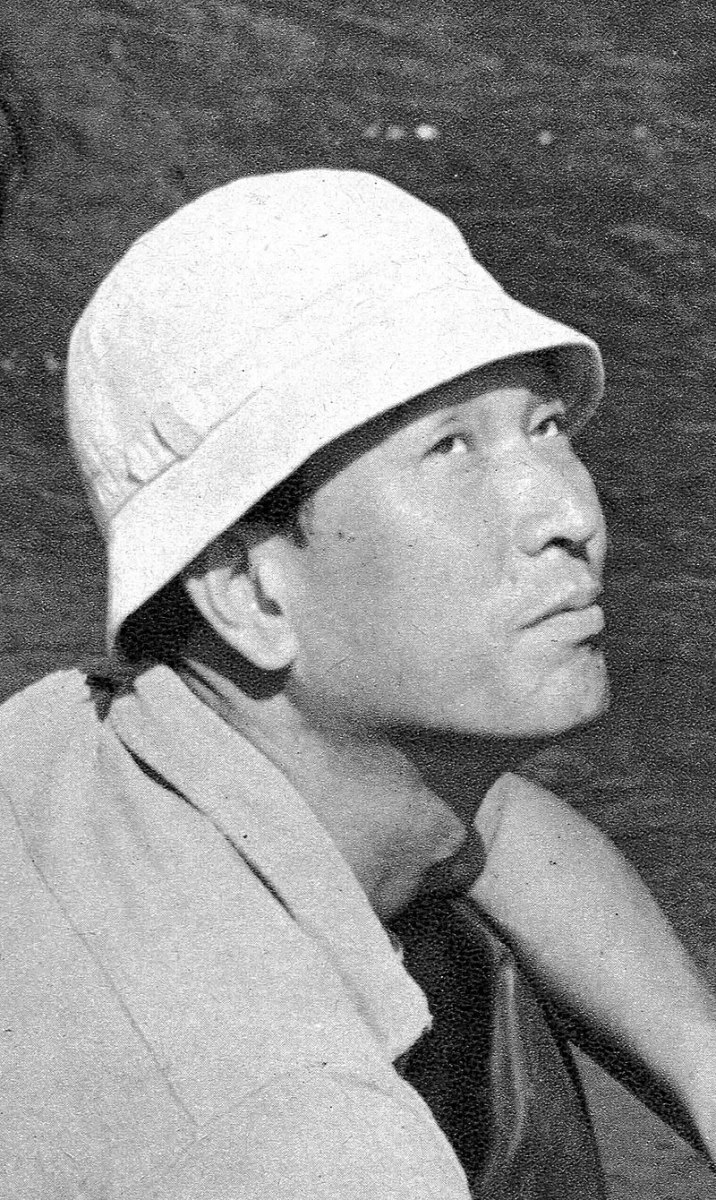Walking a Very Fine Line: 10 of the Most Shockingly Uncomfortable Characters in Movie History Worth a Second Look
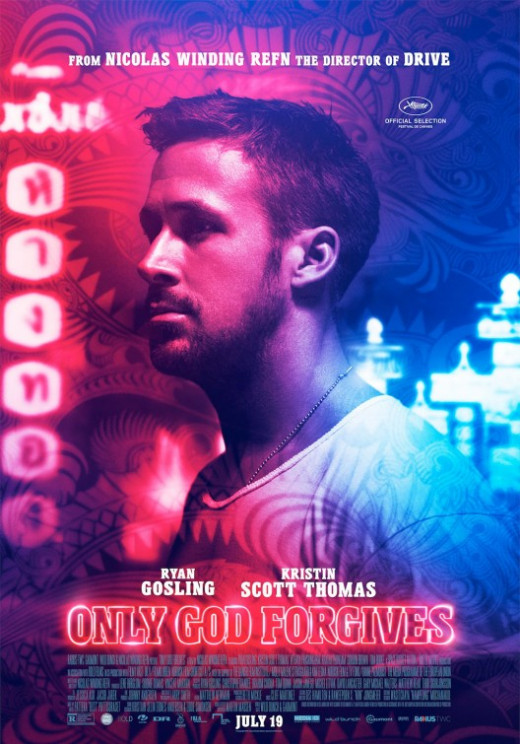
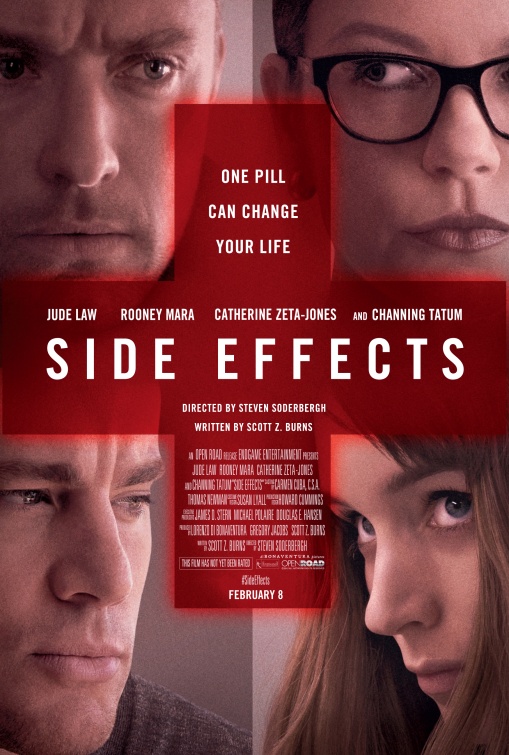
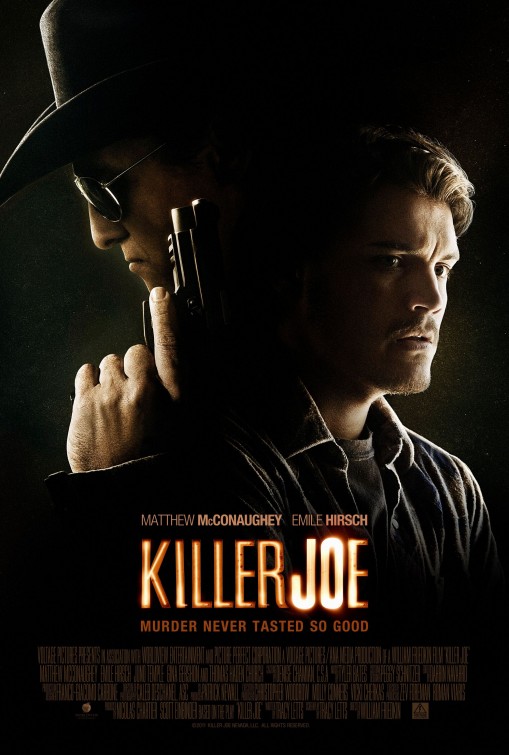
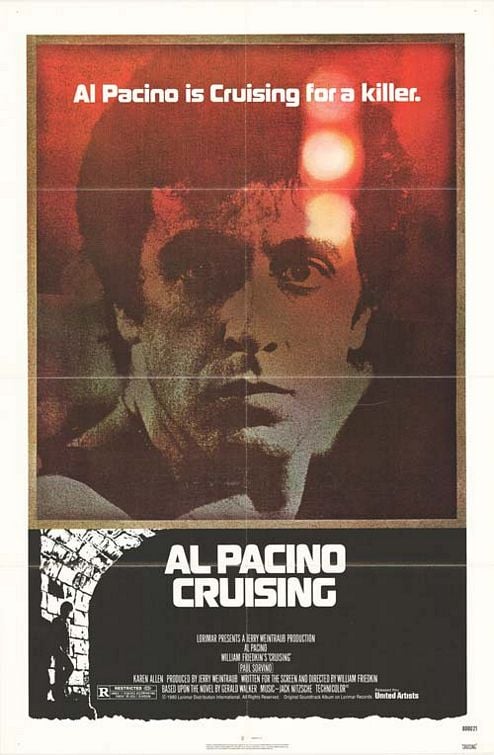
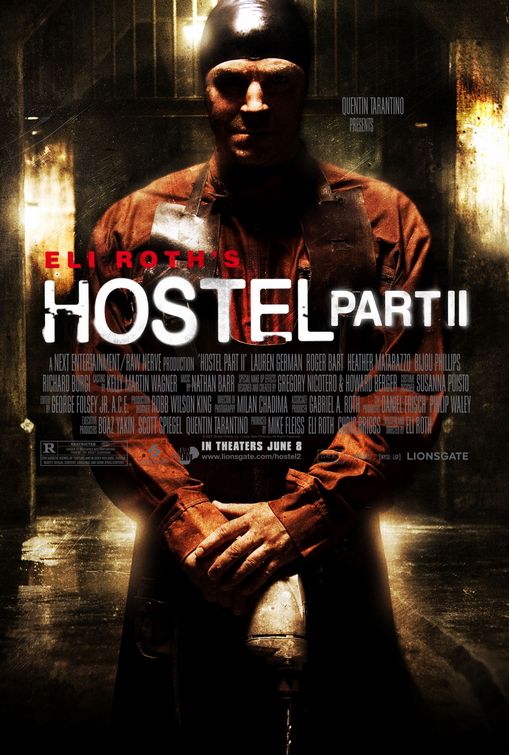
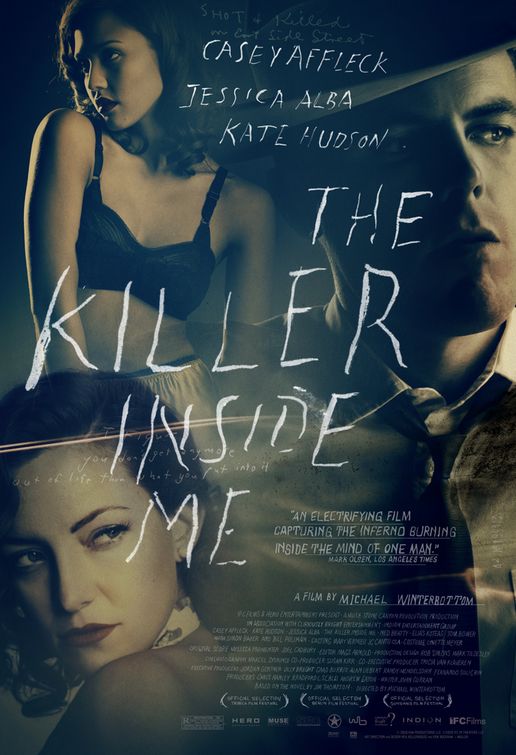
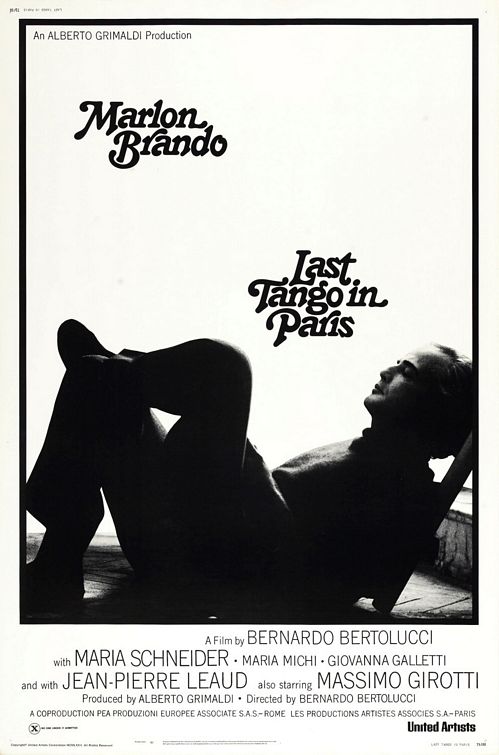
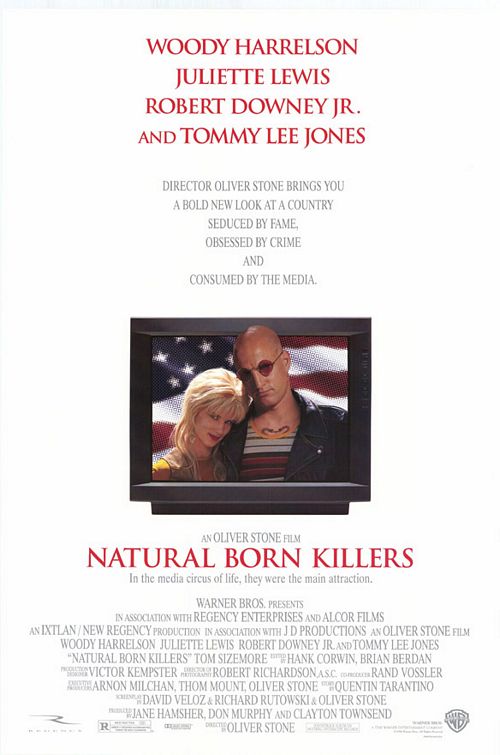
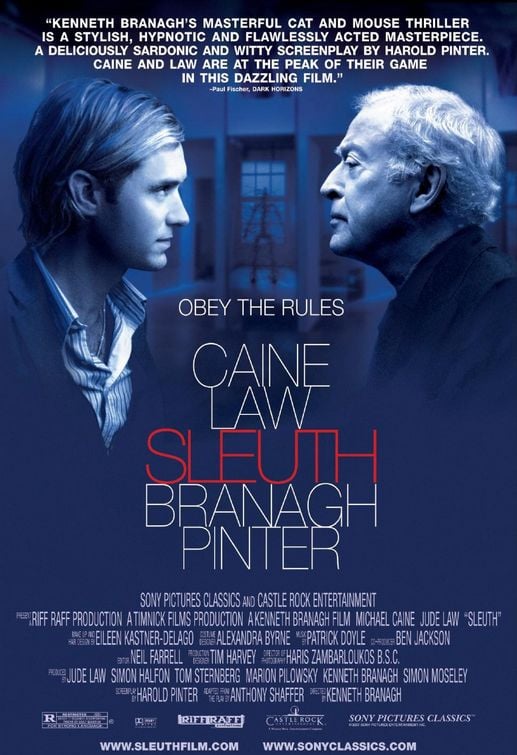
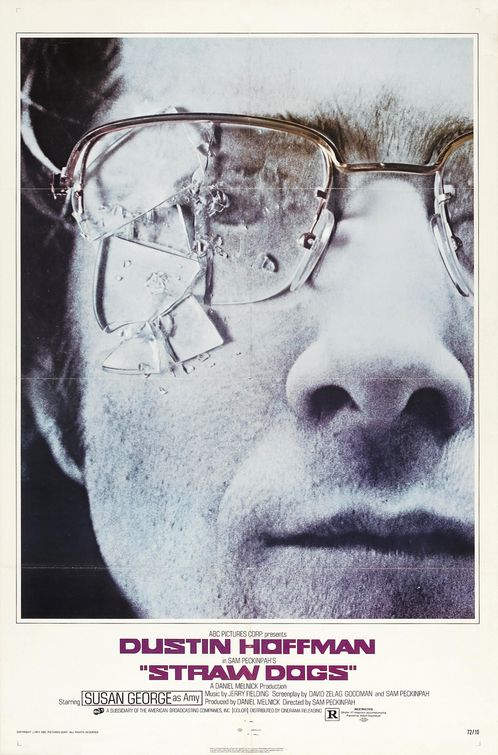
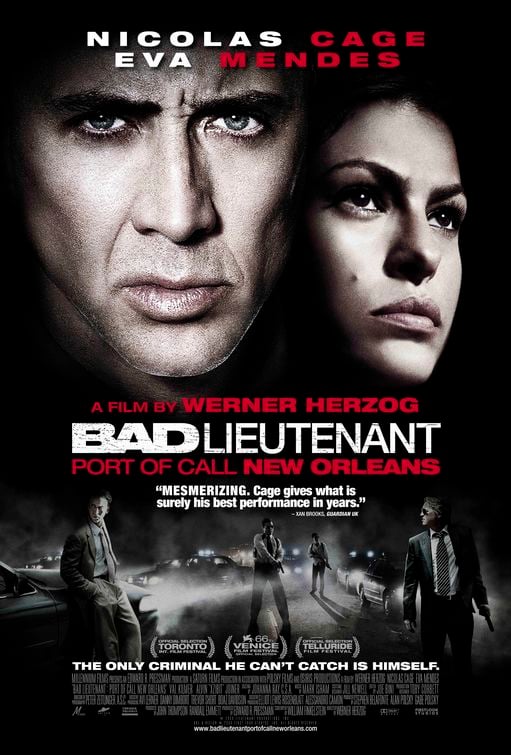
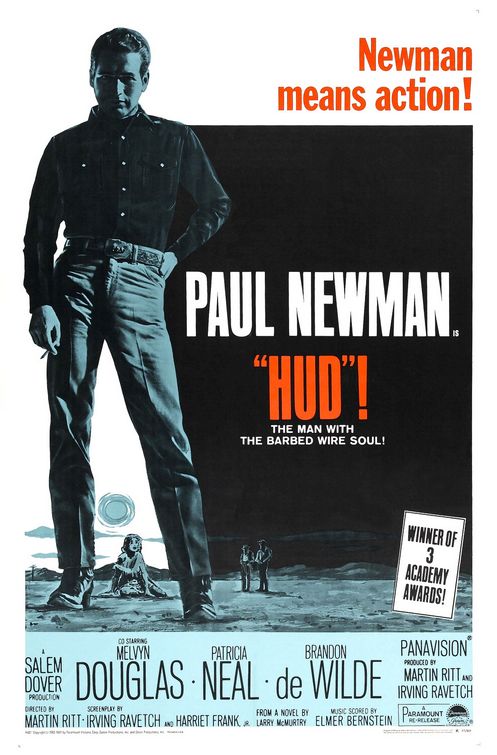
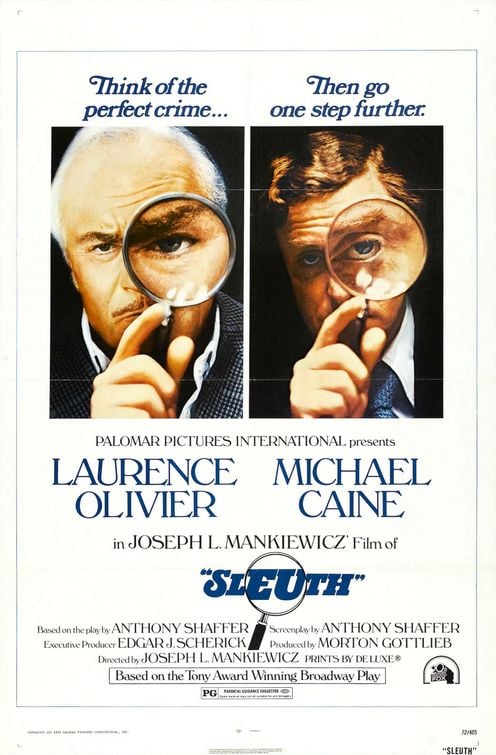
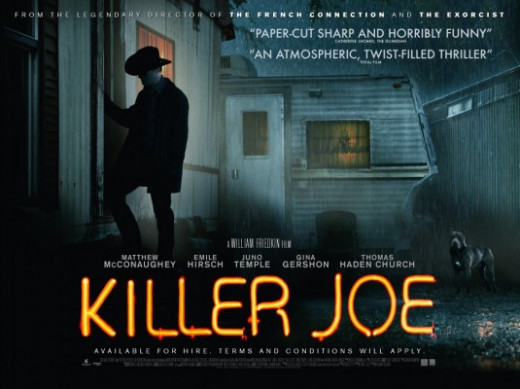
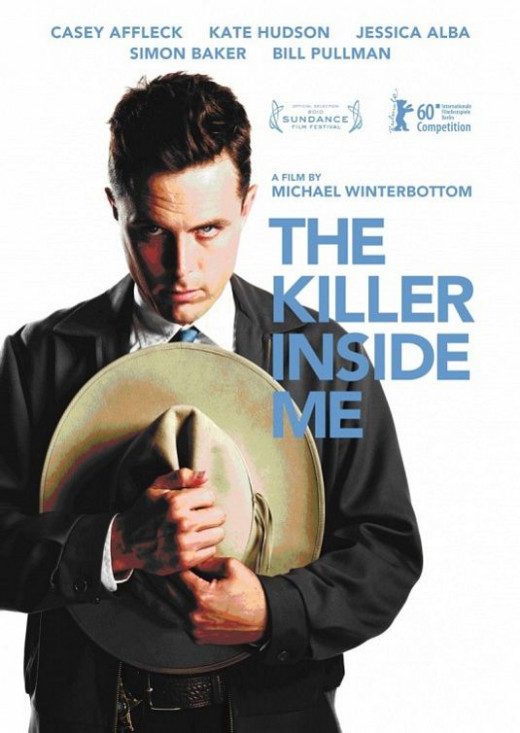
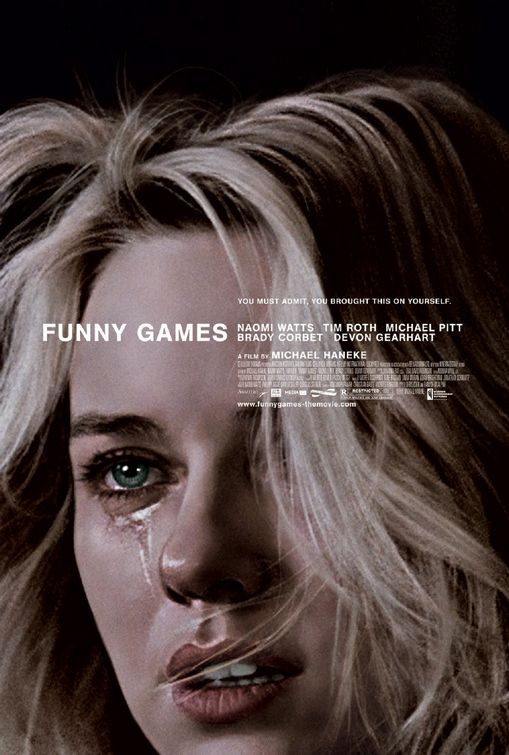
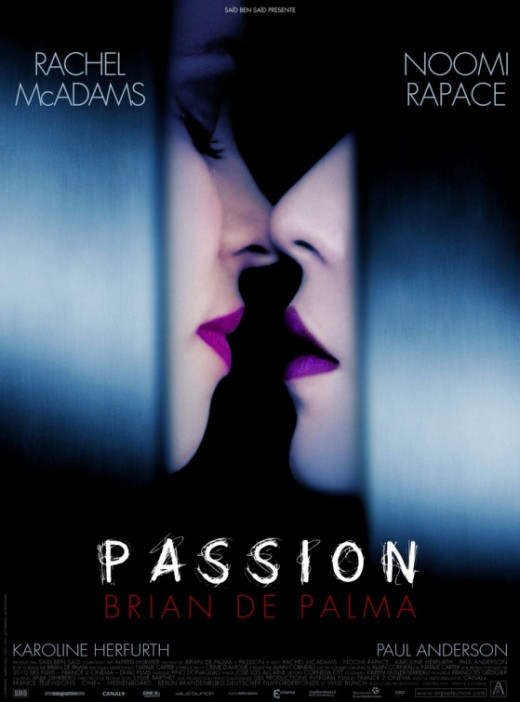
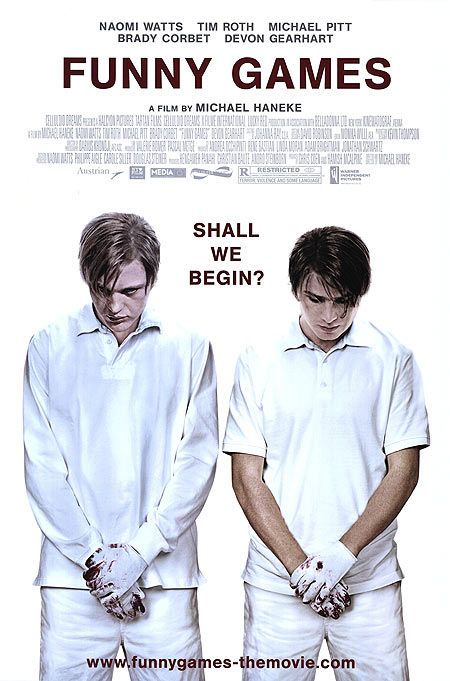
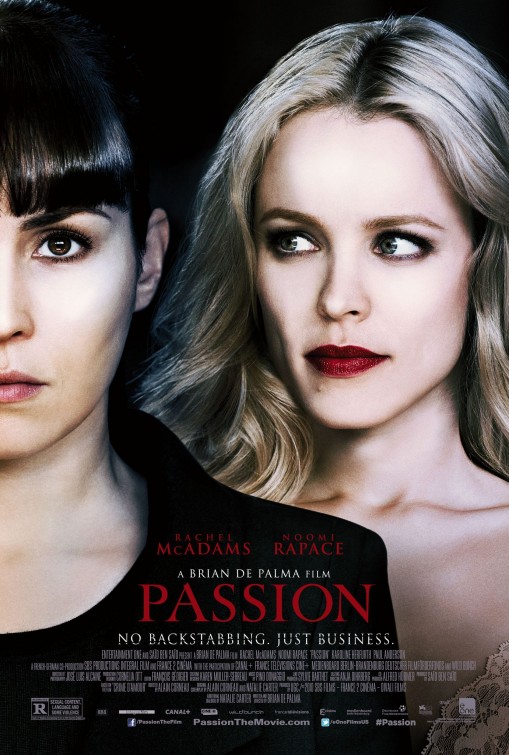
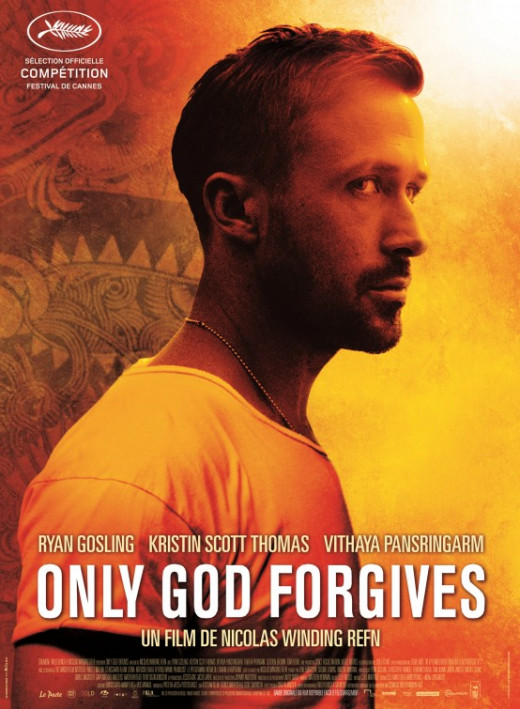
What does it mean to have character? Is it someone who had an interesting personality or someone who was willing to explore all aspects of their personality? According to the dictionary, the word character meant that it was the sum of various traits that made a person who they were. What if those traits led to something less than savory for everyone involved? Could a person's overall character make them either a hero, villain or a moral enigma? That's hard to say unless a person is either pushed too far or simply a potentially rotten apple that needs to be taken care of before it's too late. Reality is full of human error where nothing is certain until something jaw dropping happens.
In terms of Hollywood, it has been a time honored tradition to exploring the darkness of the human condition through some dark humor and the occasional bout of extreme cruelty. Paul Newman examined such ruthless disregard for others as the title character in 1963's Hud, which followed one man's quest to destroy everything and everyone he touched. He completely played against type and made moviegoers realize that Newman was more than a matinee idol. Clearly, the movie wasn't controversial as other ones, but it was still a shock to some viewers to see Newman being anything than his usual charming on-screen self. On the other hand, Nicolas Cage (2009's Bad Lieutenant: Port of Call New Orleans) and Harvey Keitel (1992's Bad Lieutenant) showcased characters who lived dangerously. Both of them played cops flirting dangerously with the edge between between being a cop and a criminal. Moviegoers didn't know whether to root for either character or hope that they get what was coming to them. Luckily, Cage and Keitel made their unsympathetic characters fascinating studies in power and corruption.
Sure, Hollywood has made it a practice to keep moviegoers entertained and uncomfortable in equal measure. The results were often mixed because they often didn't know what to make of what was happening on the screen. Many people tend to look at the controversy as a whole rather than examining the most memorable characters that made the films unforgettable for various reasons. Here is a list of 10 of the most remarkable movie characters that have graced the big screen that sometimes left a stronger impression than the movies themselves. A few of the results may be surprising, but everything on the list has a purpose from gender down to fatal character flaws. Read on to see if you agree with the list or think that there should be additional ones.
Ruthless Women With a Plan
Crystal (Kristin Scott Thomas) in Only God Forgives (2013)- In terms of mother issues, Ryan Goslin's Julian had quite a few based on his mother's need for blood over his brother's brutal murder. Julian does everything that Crystal asked of him, even though she never truly appreciated him and often treated him like he was a mistake. Thomas gave her over-the-top character enough bite to make viewers almost overlook the movie's extreme violence, especially when it concerned her character directly. What made Crystal controversial was a pivotal scene in the film where Gosling's Julian tried to find a connection to his distant mother in a way that would make everyone head for the hills instead. Watch it and find out if you have a strong enough stomach.
Emily Taylor (Rooney Mara) in Side Effects (2013)- On the surface, Mara's Emily seemed like the poster child for depression and bad luck. She lost everything when her husband went to prison and was forced to deal with another loss when he was murdered. The case against seemed to be based on the side effects of a new depression drug, but it turned out that not everything was so cut and dry. In terms of other films, Side Effects might seem like a generic thriller/mystery, which is true for the most part. What made Mara's Emily so memorable was that she committed some heinous crimes over pure unadulterated greed. She lied to everyone that crossed her path and would've gotten away with it without even blinking an eye. Mara made her heroine/villainess a character that will be remembered long after the end credits have finished. She has a future on the big screen if she continued to play her acting cards right.
Walking on the Dark Side
Steve Burns (Al Pacino) in Cruising (1980)- Director William Friedkin had a tendency to explore humanity's dark side in ways that made moviegoers squirm either by design or coincidence. With Cruising, he tried to examine how a killer could easily blend into the night without anyone being the wiser. When the film was released, viewers often focused on the film's intense focus on stereotypes involving gay men. Sure, the film's subject matter pushed some boundaries, but the movie was meant to showcase what makes a person truly tick. That didn't involve living your life according to society, but it meant having to sneak around in the dark occasionally. Pacino's Steve started off as a conventional cop forced to go undercover in unfamilar territory. By the end of the film, Steve's identity has changed for both the right and wrong reasons. The story wasn't perfect by any measure, but Pacino's portrayal of a man transformed made it worth a look.
Killer Joe Cooper (Matthew McConaughey) in Killer Joe (2012)- In the past few years, McConaughey has managed to choose some very different roles that often made him unlikable to his female fans. With Killer Joe, he portrayed a cop by day and a hit man by night that was capable of extreme violence. McConaughey's Joe was the most fascinating character on the screen, even though his occupation was rather disturbing. The character's most uncomfortable scene involved him committing some horrific acts of brutality on Gina Gershon's character. The scene was so disturbing that it would make anyone leave the room, especially when a piece of Chicken was introduced in an extreme manner. It's hard to explain the scene without giving anything way. It's best to watch it and see how McConaughey was definitely more than a sex symbol.
Pushed Too Far
Andrew (Michael Caine) in Sleuth (2007)- In the original Sleuth, Caine played the scheming lover of a married woman trying to outwit the woman's husband. He showcased his usual level of on-screen charm and bravado. In the remake, Caine took over the role of the seemingly meek husband who was a lot more ruthless than anyone ever gave him credit for. He sunk into the role of Andrew with great gusto as he flexed his verbal claws at his co-star Jude Law. Caine's Andrew was a dynamic role because it made viewers think about their own lives and what they would do if they were in his shoes. Of course, the answer would be a much less extreme scenario than this entire movie. Viewers couldn't help but root for a seemingly unlikable character to beat Law's Milo, because Caine made them want to cheer on a character poised to doing something unquestionable. Was it over an act of love or pure revenge over being betrayed? It's hard to say, but the movie asked viewers to think about what they would do if they forced into a situation logically similar to this one. Only time will tell if that's the case.
David Sumner (Dustin Hoffman) in Straw Dogs (1971)- Director Sam Peckinpah made a career of trying to explore how violence impacted a story. With Straw Dogs, the director focused on how an ordinary man could be capable of great violence if he was pushed too far. At the start of the film, Hoffman portrayed David as a mild mannered man of intellect who solved his problems rationally. What would happened if his sanity was pushed to the breaking point? The character watched his wife get brutally raped and was terrorized by a group of men eager to do more harm to the couple. Hoffman's David was an interesting examination of a man who tried conventional means to solve his problems. Once that failed, he decided to try some lethal measures to get final results. Hoffman made viewers identify with David because he slowly went over the edge and took no pleasure in committing any act of violence. The character's actions were somewhat justified, but it was controversial to show vigilante justice even when there was a purpose behind the gore. The film's message was to respect others and watch how far you push someone, because actions most definitely have consequences.
Lethal Weapons
Beth (Lauren German) in Hostel: Part II (2007)- In the end, this horror movie sequel had few surprises because it had the same level of shock value that the original had. The only twist was that German's innocent heroine had a little bit of a killer locked inside of her. When she was pushed too far, it was destined to come out and it left viewers surprised as to how the character managed to outlive everyone else by joining the killer ranks of her captors. Unexpected indeed.
Lou Ford (Casey Affleck) in The Killer Inside Me (2010)- Affleck's Lou seemed like the perfect law enforcement officer because he was kind and respectful to others. That statement was true during his working hours. When Lou was off the clock, he became a brutal killer who hurt men and innocent women in equal measure. Overall, The Killer Inside Me gave Affleck a chance to shine as a man who had more going on than many would expect. The movie's most uncomfortable moments involved Affleck's committing shocking acts of brutality to two women (Jessica Alba and Kate Hudson) who he was involved with in different ways. Alba's character was destined for a cruel end, but Hudson's character seemed meant to last until the end of the film. After her shocking on-screen exit, viewers were left completely horrified for various reasons. Despite the initial discomfort, the movie was worth a look for Affleck's top notch performance and for the story as to how it wrapped everything up in a surprising way.
Bad Judgment/Circumstances
Wayne Gale (Robert Downey, Jr.) in Natural Born Killers (1994)- To many, this choice might be a strange one because Downey's character was a relatively minor one versus the flashy performances from the movie's resident killers (Woody Harrelson and Juliette Lewis). The reason why that this character was so controversial was that Gale seemed to represent the overall media as a whole as they try to seemingly romanticize serial killers by making them into accidental celebrities. Despite the shocking acts of endless violence, the movie's message was that actions spoke louder than words. People can spin their own stories, but nothing gets the truth across like a shocking atrocity to make people want to think of an entirely different stance. Downey's Gale definitely did that towards the end of the film when he was pulled into a disturbing act of violence that left him speechless until the next commercial break. Of course, there have been a lot of controversial characters in films since Natural Born Killers, but this one was still unnerving nonetheless.
Jeanne (Maria Schneider) in Last Tango in Paris (1972)- When many critics think of this movie, most would tend to focus on Marlon Brando's blazing performance as a man pushed to the brink of grief and has a sexual awakening towards a stranger. The connection between the two characters involved some racy sex scenes for the time, but the movie's true undercurrent involved trying to explore one's baser instincts in a need to balance their daily obligations. Schneider's Jeanne portrayed a young woman on the verge of entering a safe marriage with a comfortable man. She entered a reckless sexual relationship with Brando's Paul as a way to understand herself or something much deeper. Of course, the arrangement fell apart once reality entered the picture. One of them wanted something more, while the other wanted distance. Unfortunately, someone ended up dead and it's not someone too obvious. Schneider gave Jeanne a level of innocence and danger that made viewers shocked and equally fascinated by her actions as the end credits rolled. Was it her plan all along or a complete accident? No one will ever know.
In the end, controversy and shock value don't always necessarily go together. Sometimes, a movie's dark story can simply be a way to show how a family can come together in times of pure duress, while other times it allowed them to fall apart. In 2008's Funny Games, Naomi Watts played a woman who seemed to have it all until two dangerous young serial killers came into her home to terrorize her family. As the story progressed, Watts' character tried to outwit her captors, but her fate was long decided beforehand. The film's conclusion was the right mixture of shock and discomfort that was done masterfully, but it won't warrant a second viewing for a while because of the movie's depressing tone and subject matter. It's a shame because Watts gave a high caliber performance as a doomed woman fighting to survive no matter what. Funny Games proved that shock value wasn't simply reserved for horror films. Despite some early mixed reviews, another film destined to prove controversial was the soon-to-be released film Passion, which followed two women plotting against each other for professional and personal supremacy. It's too early to say if the movie would warrant making the list, but never say never.


